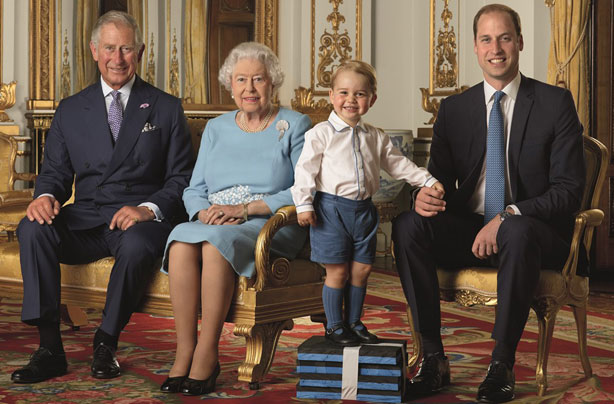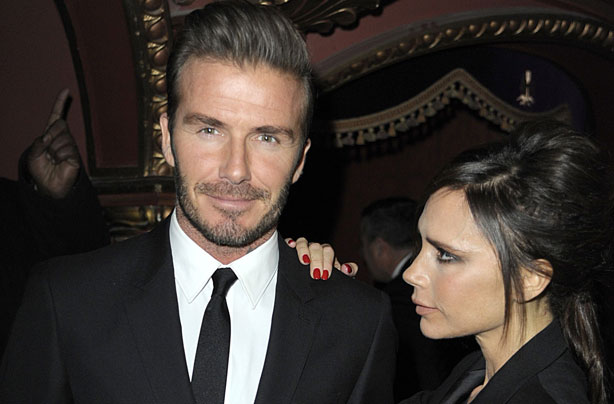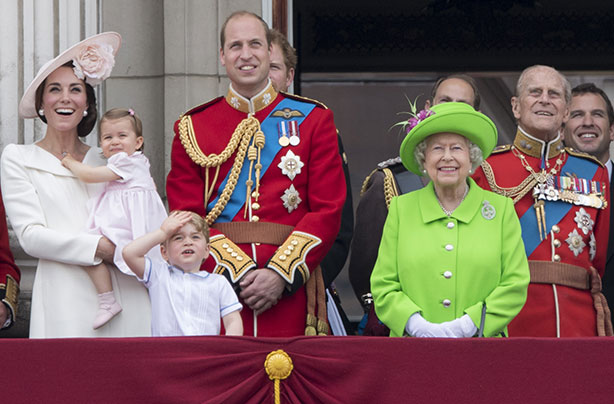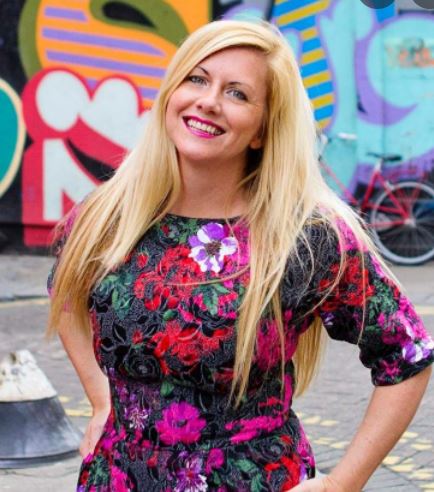The 7 different types of English surnames revealed - which one is yours?
Do you ever wonder where your surname originated from?


Ever wondered where your surname has come from?
According to website Ancestry, even though there are a staggering 45,000 different surnames in England they all lie under seven types - which vary according to factors such as what your ancestors did for a living or where they grew up.
So which type of surname do you have? You might be surprised to find out how it originated!
1. A personal characteristic
Some surnames were based on nicknames - describing what a person looked like. They may have described a person's size, colouring (or hair colour), or another character trait. Someone named Peacock might have been considered vain, for example!
Other examples are: Short, Long, Little, Black, White, Green, Red, Stern, Strong and Swift.
2. From an English place name
A name may have shown where a person was born, lived, worked, or owned land. It might be from the name of a house, farm, hamlet, town or county.
Examples are: Bedford, Burton, Hamilton, Hampshire, Sutton.
Parenting advice, hot topics, best buys and family finance tips delivered straight to your inbox.
The Beckhams' name would have come from the place Beckham, in Norfolk.

3. Occupational
Occupational surnames were used to identify people in the town who had different jobs - so if your surname is Carpenter, it's likely that you come from an ancestor which worked with wood. But if your surname is Judge then it could be that your predecessors worked in the courts.
Other examples include: Archer, Baker, Brewer, Butcher, Cooper, Cook, Dyer, Farmer, Faulkner, Fisher, Fuller, Gardener, Glover, Head, Hunt or Hunter, Potter, Sawyer, Slater, Smith, Taylor, Thatcher, Turner, Weaver, Woodman, and Wright.
Lisa Faulkner and Margaret Thatcher are good examples of occupational names!
4. From the name of an estate
The most famous name which originates from an estate is, of course, Windsor. This was the surname that George V adopted for the now British royal family. Most of these descend from ancestors who were landowners, and have taken their name from their castle, manor or estate. Other examples are Ernle or Staunton.
5. Geographical location
Did your ancestors live near fields or a hill? If so then their name probably originated from near where they lived.
Some examples are Bridge, Brooks, Bush, Camp, Forest, Grove, Hill, Wood and Woodruff.

6. Ancestral
This is when your surname has been passed down by a mother or father - for example Benson - would have been the son of Ben. And from a mother could be Marriott, which comes from Mary.
Examples of this are Davis, Dawson, Evans, Harris, Harrison, Jackson, Jones, Molson (from Moll, for Mary), Madison (from Maud), Emmott (from Emma), and Marriott (from Mary).
Scottish clan names are also ancestral surnames. These include Armstrong, Cameron, Campbell, Crawford, Douglas, Forbes, Grant, Henderson, Hunter, MacDonald, and Stewart.
7. Patronage
The final type of surnames are those that honour a patron. For example, Hickman was Hick's man (Hick being a nickname for Richard) and Kilpatrick was a follower of Patrick.

Sarah is a freelance journalist, writing for various women's magazines and national online consumer titles including the BBC and The Daily Mail, for over 10 years. Sarah has interviewed CEO's, real-life case studies and celebrities. Writing on everything from travel to fitness, and business to beauty - some of her features have been read by millions of people - in just one day.